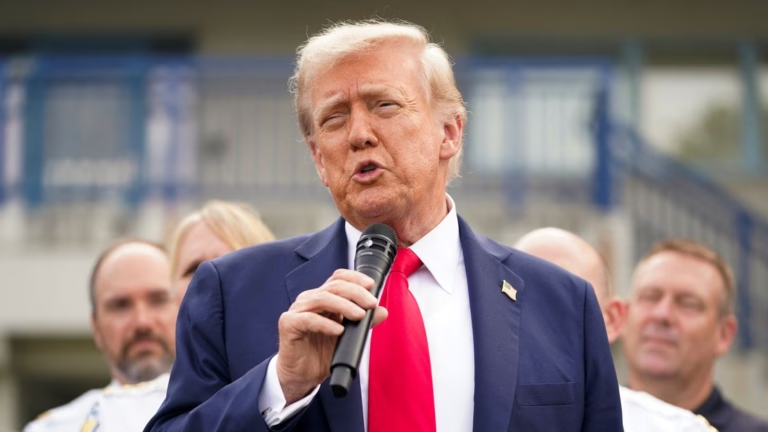Dominating the campaign was US President Donald Trump’s statement regarding his intention to gain control of Greenland, a vast Arctic island and a semi-autonomous Danish territory home to about 57,000 residents.
Demокраatit, a center-right party supporting business, secured 29.9% of the votes with all ballots tallied. Coming in second was another opposition party, Naleraq, which favors a rapid pursuit of independence, with 24.5% of the votes.
Jens-Frederik Nielsen, the leader of Demokraatit, told reporters in the capital, Nuuk: “People are seeking change… We aim for more business to finance our welfare. We’re not looking for independence overnight; we need a solid foundation first.”
Mr. Nielsen will now engage in talks with other parties to form a governing coalition.
The ruling Inuit Ataqatigiit party and its partner Siumut, both advocating for a slow transition towards independence, together received 36% of the votes, down from 66.1% in 2021.
Mute Egede, Greenland’s Prime Minister, stated on Facebook that Inuit Ataqatigiit “respected the election outcome” and would be open to proposals during upcoming coalition discussions.
More on Sky News:
Russia firm on ceasefire – latest
UK ‘disappointed’ by tariffs
How Canada is defying Trump
Since assuming office in January, Mr. Trump has pledged to incorporate Greenland into the United States, claiming it’s crucial for U.S. security interests, a notion rejected by the majority of Greenlanders.
Greenland has found itself at the center of a geopolitical contest over Arctic control.
As global warming increases sea temperatures and dismantles ice caps, the region’s resources are becoming more accessible, and new shipping routes have opened.
Both Russia and China have ramped up military activity in the region.










